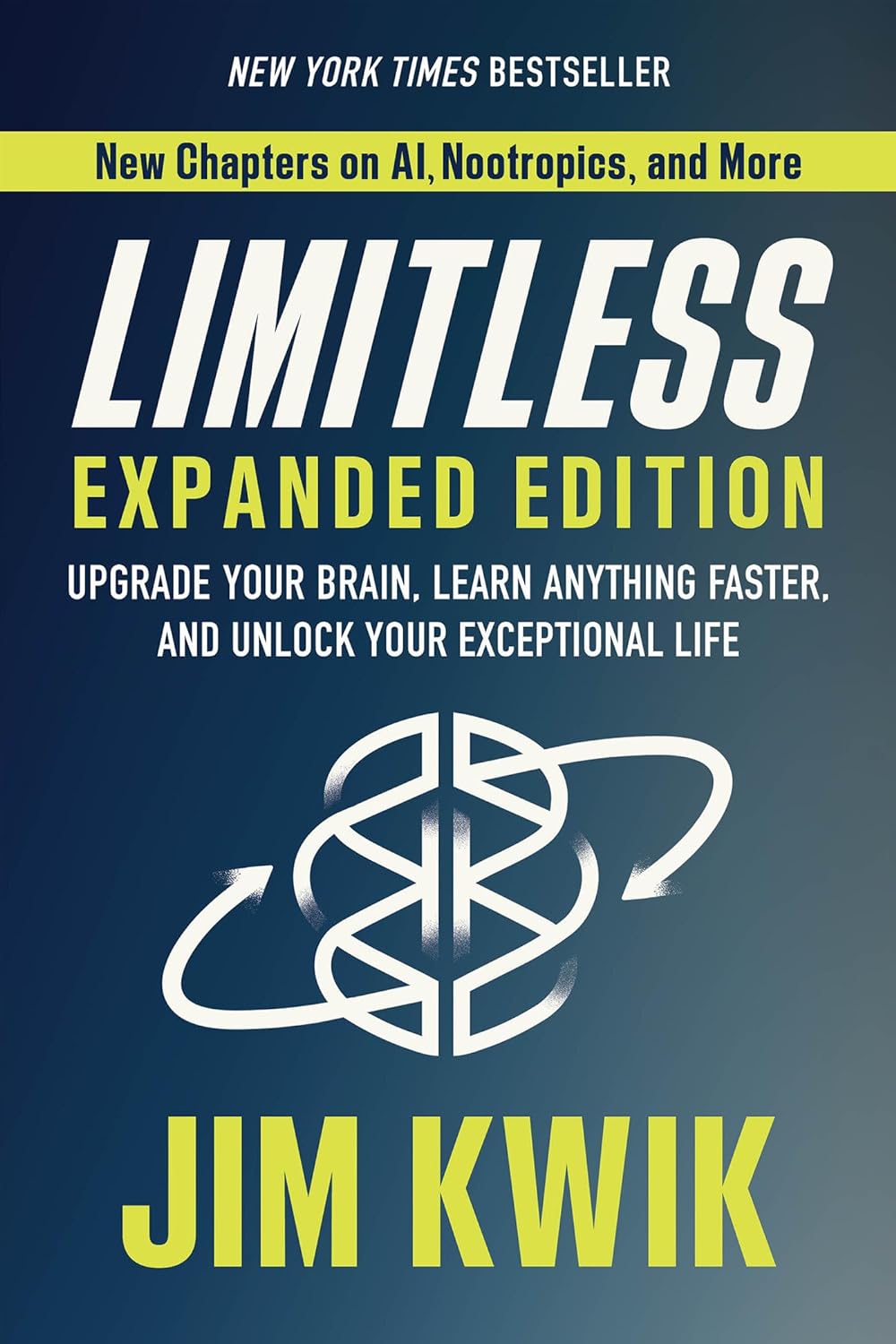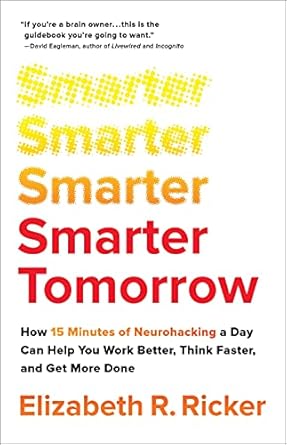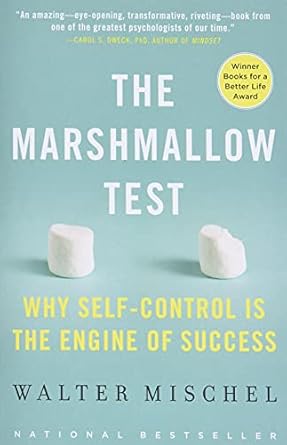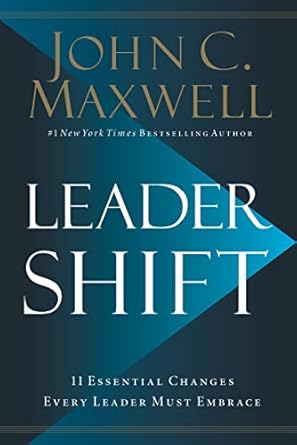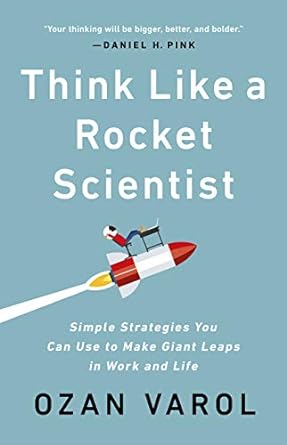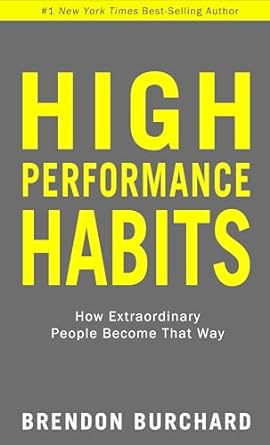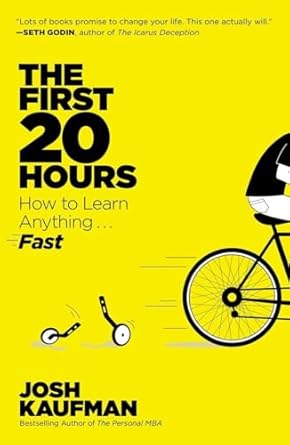Growth Mindset
The belief that personal qualities can be cultivated through effort and help from others. It is the opposite of a fixed mindset - the belief that those qualities are fixed in everyone.
Key Insights & Principles
Learning & personal growth
Insights:- A growth mindset helps overcome the challenges that every learning process involves.
- You can get better at anything.
- A growth mindset means looking for information that expands knowledge rather than that which confirms what is already known.
- Embracing feedback is necessary for growth.
- Seek help and feedback.
- Train your mindset through the language you use.
- Recognise your fixed mindset triggers.
Leadership
Insights:- Building teams with a growth mindset provides a stronger chance of success.
- Leaders should not stop learning.
- Coach for growth.
- Embrace and demonstrate your own personal growth.
Parenting & Child Development
Insights:- Mindset often derives from how we are parented or taught at school.
- Fostering a growth mindset is not telling kids that they can do anything.
- Mindset can create positive or negative cycles of learning, and greatly determine outcomes.
- A growth mindset can reduce depression and anxiety in kids.
- Encourage: genuine effort, trying new strategies, asking for help.




